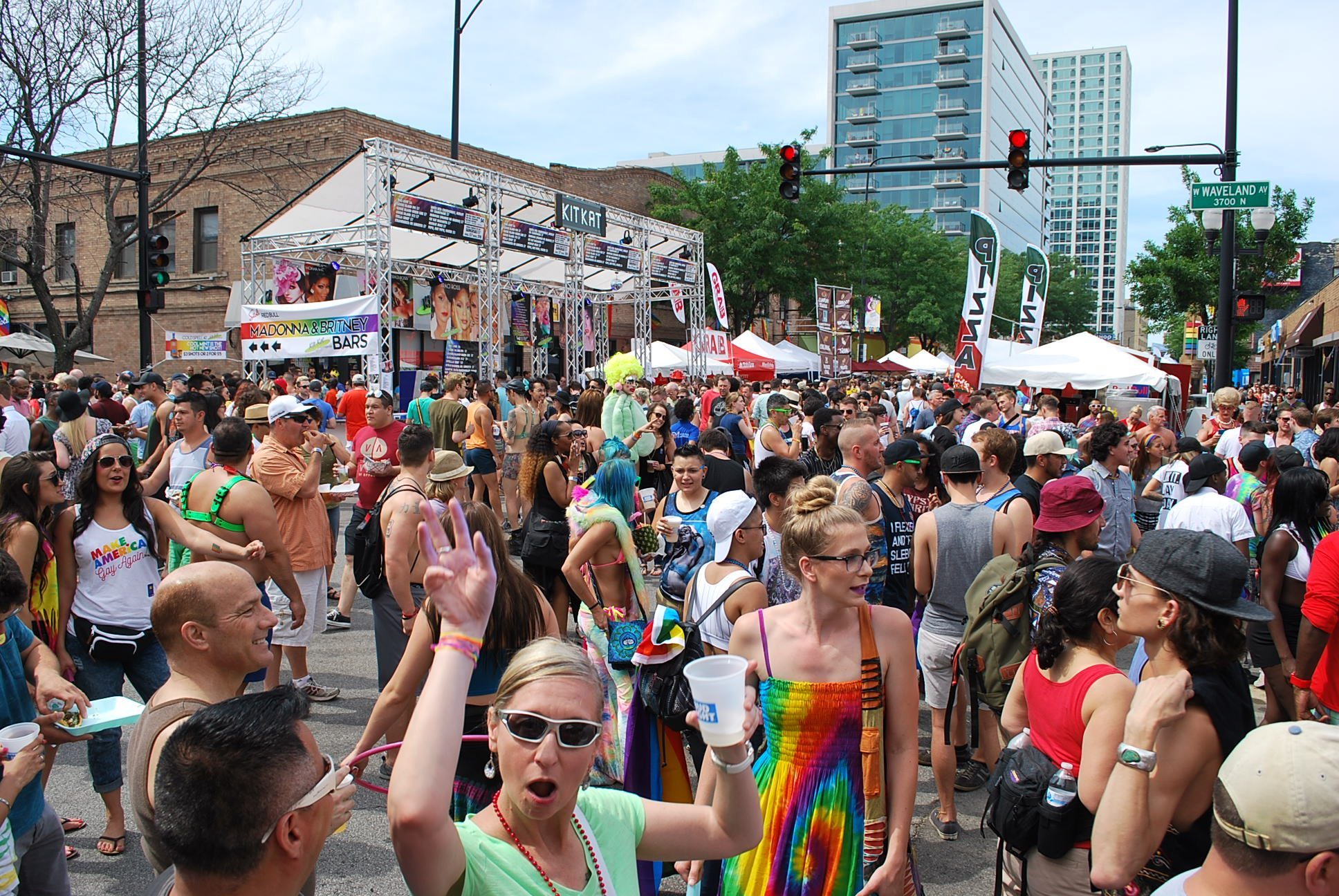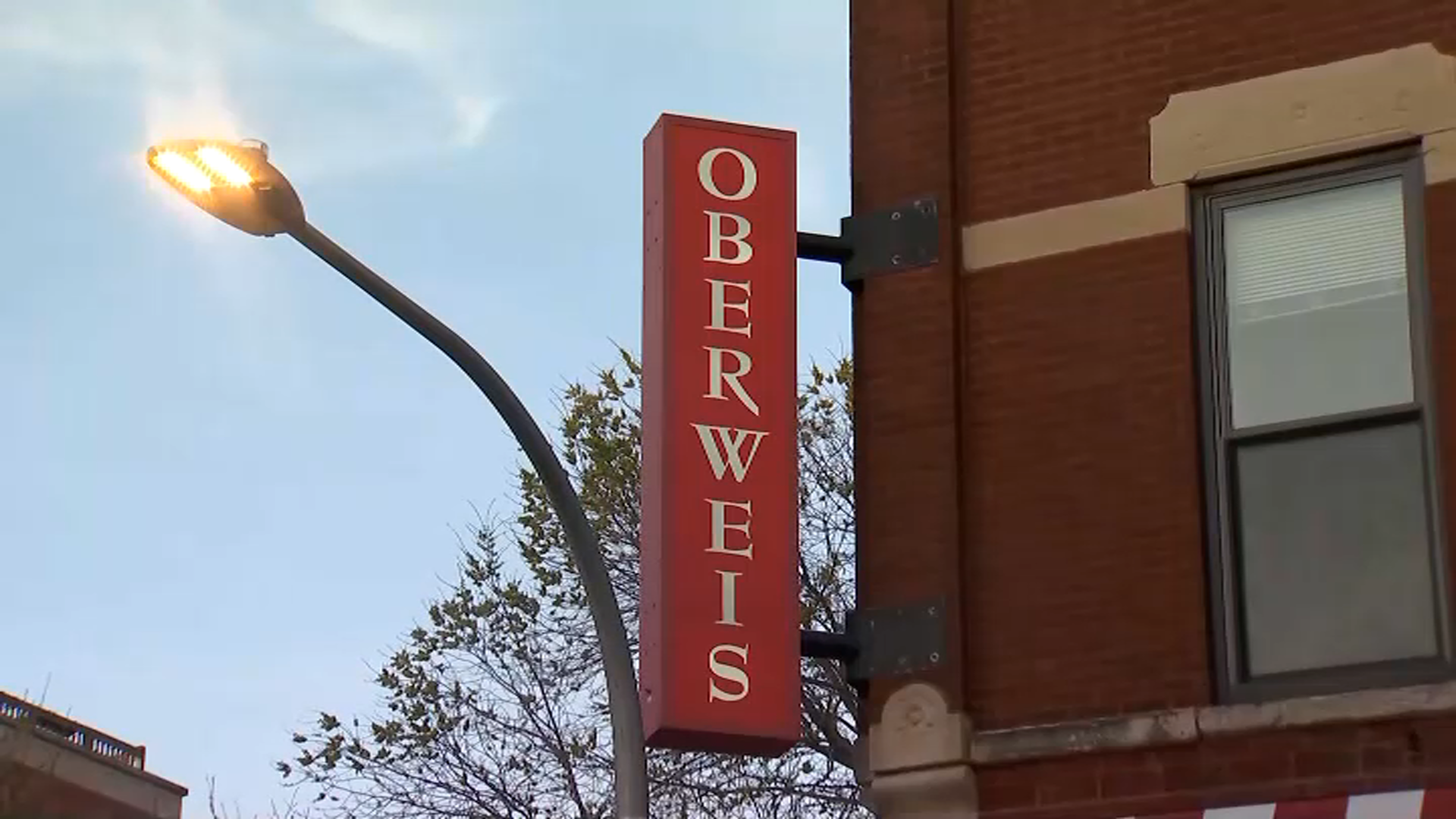Chicago's top health official said Tuesday that the city won't consider loosening any of its coronavirus restrictions until one metric in particular drops.
That number is the daily average number of new cases, Chicago Department of Public Health Commissioner Dr. Allison Arwady said at a news conference, pointing to a metric she has repeatedly referenced throughout the pandemic as the figure that has largely guided health officials in their decision-making process.
As of Tuesday, the city was seeing a rolling average of 307 new cases per day, Arwady said. That number is lower than the roughly 1,000 new cases the city was seeing each day on average at the peak of the pandemic in early May, she said - but still not as low as officials want it to be.
"That's really been fairly consistent over the last week or two," Arwady said. "We've seen that flatten but we've not yet seen the decline that we'd like to see."
Arwady said last month that that number "is the best reflection of the burden of our disease" and that the current daily average puts Chicago in a "high incidence state."
Health officials want that number to drop below 200 to get out of the "high incidence state" and before they will consider loosening any restrictions put in place to curb the spread of the virus, Arwady said.
The city dropped below 200 in June, Arwady said, but surpassed that figure again in July, prompting Chicago officials to shut down indoor service at bars and other establishments that serve alcohol without a food license and to cut the size of parties allowed at restaurants from 10 to six people, among other changes.
Local
When asked about potentially lifting those restrictions, specifically the size of parties at restaurants, Arwady said health officials won't consider it until the city is back under 200 average new cases per day.
"When we think of the number of people who are gathering at an event, particularly if they are gathering in a setting like a restaurant, where you can't wear a mask at least while you're eating and drinking, we really think about what is the risk that someone will have COVID in a group of a given size," Arwady said.
"Even when we were at 200 cases per day on average, there was still, given the number of active cases that means we have in Chicago, about a 15% chance that in a group of 50 people, for example, you would have someone with active COVID who may not know that," she continued.
"We will not be thinking about loosening those restrictions until we get back down under 200 cases," Arwady said. "We get under 200 cases, we move out of a high incidence state, we can then start thinking again about, 'Are there safe ways to further reopen?'"
Arwady added that as long as Chicago continues to see between 200 and 400 new cases per day on average, the city will remain in a "holding pattern."
"I want to able to move ahead as much as everybody else does but until we see some progress there we will not be looking to further expand," she added.
Arwady has previously said that if the city reaches an average of 400 new cases per day, which "really marks a line in the sand," the city may institute more restrictions or even roll back a phase in its reopening.
According to CDPH, 400 cases per day is the equivalent of the number the state uses to determine if states should be added to the city's travel order, requiring a 14-day quarantine.
"It's the equivalent of needing to go back to a phase three, really pulling back on major activities," Arwady said last month.



